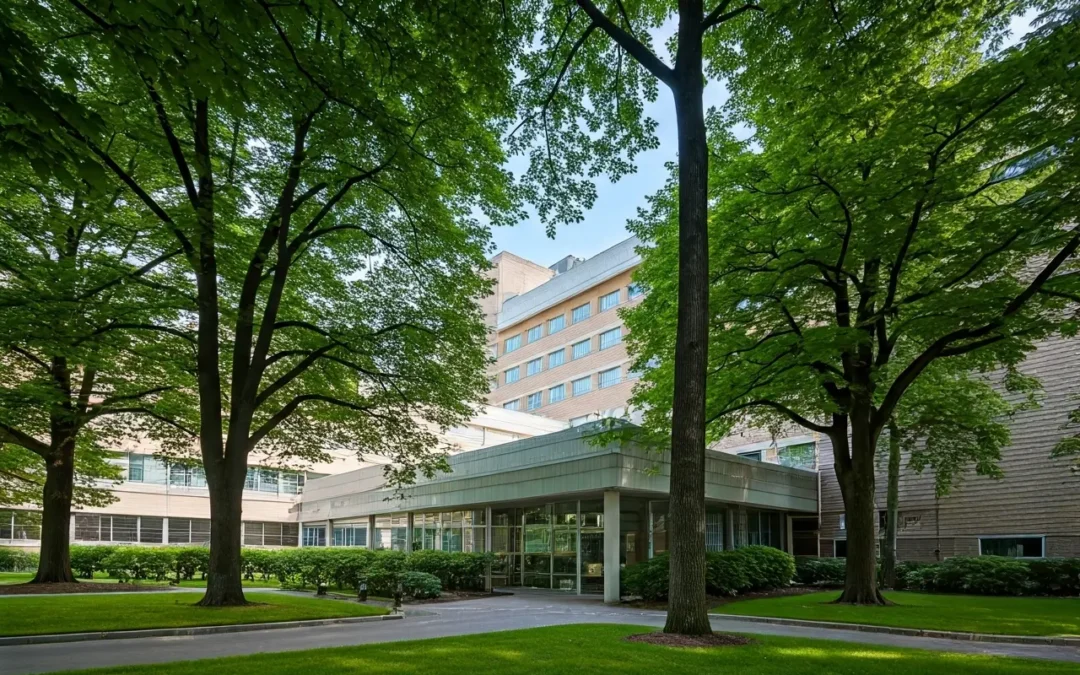Rehab counseling is a powerful tool for those on the journey to recovery, but its benefits extend far beyond the obvious. In this blog, we’ll explore some unexpected advantages of rehab counseling that make it an essential part of the healing process. Whether you’re considering it for yourself or a loved one, understanding these benefits can help illuminate why this support is invaluable.
Table of Contents
- 1 1. Reclaiming Personal Agency
- 2 2. Building Strong Support Networks
- 3 3. Developing Essential Coping Strategies
- 4 4. Enhancing Communication Skills
- 5 5. Cultivating Self-Awareness
- 6 6. Promoting Long-Term Mental Health
- 7 7. Fostering Personal Accountability
- 8 8. Reducing Stigma Through Education
- 9 9. Encouraging Creative Self-Expression
- 10 10. Setting the Stage for Future Success
1. Reclaiming Personal Agency
Rehab counseling is not just about overcoming addiction; it’s about reclaiming one’s life. This process involves helping individuals set realistic goals and working towards them with a structured plan. By doing so, people often rediscover their strengths, talents, and aspirations they might have forgotten. It’s a gentle reminder that they are in control and capable of making changes that positively impact their lives.
Moreover, rehab counseling empowers individuals by encouraging them to take ownership of their recovery journey. This newfound sense of agency often results in increased self-confidence and motivation to pursue other personal or professional goals. It’s about building a life that feels genuinely theirs, and that sense of control can be incredibly liberating and motivating.
2. Building Strong Support Networks
In the realm of rehabilitation, community and connection are pivotal. Rehab counseling serves as a gateway to forming supportive relationships, not just with therapists but with peers who understand the journey. This network acts as a safety net during and after treatment, providing a sense of belonging and shared understanding.
Many rehabilitation programs facilitate group sessions that allow individuals to share their experiences and learn from others. This not only builds empathy and camaraderie but also introduces individuals to a community that supports recovery and growth. Such interactions can lead to lifelong friendships and a relentless drive to improve, all stemming from the support gained through rehab counseling.
3. Developing Essential Coping Strategies
One of the key components of rehab counseling is the development of coping mechanisms. Counselors introduce individuals to both conventional and innovative strategies to manage stressors without resorting to harmful behaviors. Techniques such as mindfulness and stress reduction exercises become allies in the battle against potential relapse.
The focus on coping strategies does not end with discussions. Often, clients practice these techniques in safe, supportive environments until they become second nature. This approach equips them to handle life’s stressors proactively, allowing them to navigate everyday challenges without reverting to previous patterns.
4. Enhancing Communication Skills
Effective communication is vital in all areas of life, and rehab counseling emphasizes its importance profoundly. Practicing articulating feelings and needs leads to improved relationships over time. This aspect of rehab is especially beneficial for rebuilding relationships that might have been strained by past behaviors.
Additionally, the communication practices promoted in rehab counseling extend beyond personal interactions. Clients learn to navigate professional environments with greater ease, gaining confidence in expressing themselves and managing professional relationships more effectively.
5. Cultivating Self-Awareness
Self-awareness is a cornerstone of personal growth, and rehab counseling places a strong emphasis on developing this trait. Through self-reflective exercises and discussions, individuals gain deeper insights into their triggers and behaviors. This awareness not only aids in recovery but also promotes personal growth, empowering individuals to make conscious choices about their lives.
Moreover, with greater self-awareness, individuals can identify areas of their lives that need change, whether it’s setting boundaries or pursuing new hobbies. By understanding their needs and desires more clearly, clients can achieve a greater sense of fulfillment and happiness.
6. Promoting Long-Term Mental Health
Rehab counseling approaches recovery with a broad perspective that encompasses mental health. By addressing both addiction and underlying issues such as anxiety or depression, counseling facilitates holistic healing. Clients learn to manage mental health symptoms alongside their recovery efforts.
This comprehensive approach ensures that individuals build a foundation for a healthier mental state moving forward. The integrated treatment of co-occurring issues reduces the risk of relapse and enhances overall well-being, making long-term recovery more attainable and sustainable.
7. Fostering Personal Accountability
Rehab counseling places a focus on personal accountability, teaching individuals how to take responsibility for their actions, motivations, and future. This approach not only fosters self-discipline but also promotes integrity in overcoming challenges.
In the context of recovery, accountability becomes a powerful motivator. It encourages individuals to track their progress, acknowledge setbacks, and celebrate victories—no matter how small. This exercise in accountability nurtures resilience and instills a sense of pride and accomplishment.
8. Reducing Stigma Through Education
Rehab counseling acts as an educational tool for combating the stigma associated with addiction and mental health. By engaging with educational resources and actively participating in discussions, individuals can challenge misconceptions and promote a more informed understanding of their conditions among peers and family.
This advocacy extends beyond personal circles. As individuals become more knowledgeable and confident in their experiences, they can share insights that educate their communities. Overcoming stigma is a significant step toward creating inclusive and supportive environments for all.
9. Encouraging Creative Self-Expression
For many, creativity serves as a therapeutic outlet. Rehab counseling often incorporates creative self-expression as a vital tool for healing. By engaging in activities like art, music, or writing, individuals can channel emotions in constructive ways and explore their identity in new and fulfilling manners.
Creative sessions can also serve as a form of self-discovery, offering new perspectives and insights. This innovative approach to therapy complements traditional methods, providing a balanced suite of options for expression and emotional healing.
10. Setting the Stage for Future Success
Rehab counseling is much more than a roadmap to sobriety; it’s a comprehensive guide to future success. Whether it’s developing practical life skills, gaining emotional intelligence, or building a professional network, individuals receive the tools necessary to thrive after recovery.
These skills translate into robust personal and professional lives. As individuals progress, they often find that the discipline, focus, and adaptability learned in rehab serve them well in pursuit of their goals, fostering a future defined by growth and achievement.











